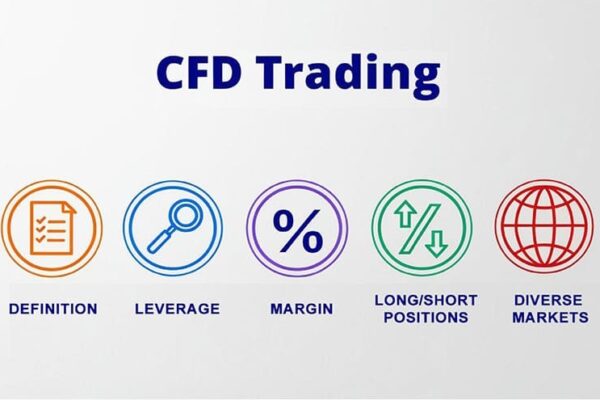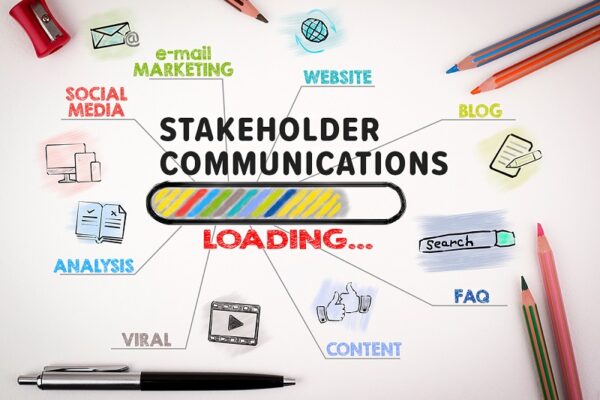B2B e-commerce used to be straightforward: businesses would throw up a website, wait for orders to roll in, and that was that. But just like VHS tapes and answering machines, those days are long gone.
Nowadays, the e-commerce landscape has transformed completely. It’s a fast-paced world where:
- Engagementhappens 24/7
- Communicationis personalized and direct
- Customersexpect seamless experiences across multiple channels
Businesses no longer have the luxury of sitting back and waiting for things to happen. Instead, they actively reach out to customers, meeting them wherever they are-whether that’s on social media, through email, or even on mobile apps. This is the “always-on” world of B2C e-commerce, where companies know they need to be proactive to stay relevant.
Tools like monday.com support make this process easier by keeping teams organized and ready to respond to customer needs.
When it comes to B2B e-commerce, however, the perception is often different. Many still imagine it as an outdated, clunky process, where an old-school website just waits around, hoping for traffic. But that’s no longer the case. Today’s B2B buyers are as tech-savvy and demanding as their B2C counterparts. They expect the same level of convenience, efficiency, and personalization in their buying experience. The once-wide gap between B2B and B2C e-commerce is shrinking, and fast.
So, what’s really the difference between B2B and B2C e-commerce, and how can B2B businesses elevate their game to meet modern expectations?
Understanding B2B vs. B2C E-commerce
At its core, B2B stands for “business to business,” while B2C means “business to consumer.” B2B e-commerce involves selling products or services to other businesses via online platforms. Think of a company selling office furniture, specialized software, or bulk paper supplies to other businesses—that’s B2B in action. On the flip side, B2C e-commerce is all about selling directly to individual consumers, like someone buying a new laptop or a pair of shoes online.
But B2B e-commerce is a different beast from B2C. It’s often more complex, with buyers engaging in more in-depth research and making decisions based on specific needs rather than impulse or marketing-driven desires. B2B buyers usually have strict guidelines and budgets, which means tactics that work in B2C—like upselling or add-ons—don’t pack the same punch in the B2B space.
Historically, B2B companies didn’t put much emphasis on enhancing the customer journey. The logic was simple: businesses would find what they needed, make a purchase, and move
- Butthis approach doesn’t cut it anymore. As more B2B buyers expect a consumer-like experience, B2B companies are realizing that they need to step up their game. With tools like monday.com support, businesses can ensure that their teams are providing the personalized and responsive customer service required in today’s market.
How B2B Companies Can Elevate Their E-commerce Strategy
So, how can B2B organizations close the gap and offer a top-notch e-commerce experience?
Here are a few key strategies:
- Personalization: Just like B2C shoppers, B2B buyers appreciate tailored Offering personalized product recommendations based on previous purchases or browsing behavior can make a significant difference.
- Streamlined Processes: B2B transactions are often more complex, with multipledecision-makers Simplifying the process with easy-to-use interfaces, quick reordering options, and transparent pricing can reduce friction. Leveraging monday.com support can streamline these processes by improving team collaboration, communication, and task tracking.
- Omnichannel Presence: B2B buyers are active on various platforms, just like B2C Having a presence across different channels—be it email, social media, or even mobile apps—ensures that you meet your customers wherever they are. With monday.com support, companies can manage these channels more effectively, ensuring timely responses and organized workflows.
- EfficientSupport: Providing quick and effective customer support, whether through chatbots, dedicated account managers, or comprehensive FAQs, helps build trust and ensures a smooth purchasing process. Here, com support plays a critical role in ensuring that all customer queries are handled efficiently, whether through ticketing systems or seamless hand-offs between team members.
Closing the Gap Between B2B and B2C
In conclusion, the world of B2B e-commerce is evolving rapidly. What was once a staid, predictable process has become a dynamic environment where customer expectations are higher than ever. By adopting strategies from the B2C playbook and focusing on personalization, efficiency, and omnichannel engagement, B2B companies can not only meet but exceed these expectations, positioning themselves as leaders in the digital marketplace. Integrating monday.com support into daily operations can be a game-changer, ensuring that the team is organized, responsive, and ready to provide top-tier customer experiences.
As more companies recognize the shrinking gap between B2B and B2C, investing in the right tools and strategies will help them stay competitive in this ever-changing landscape.









